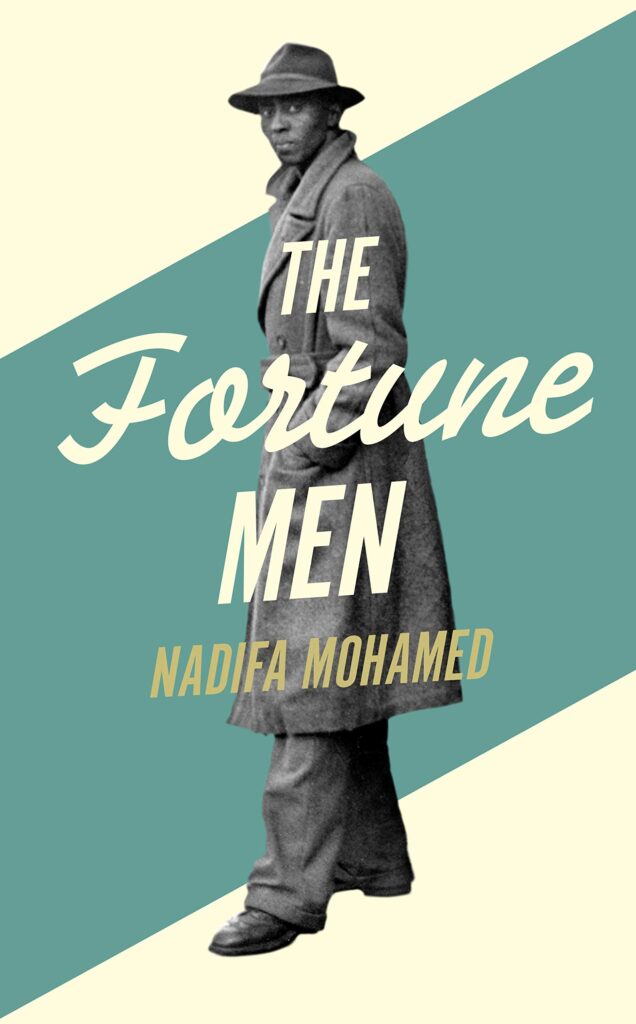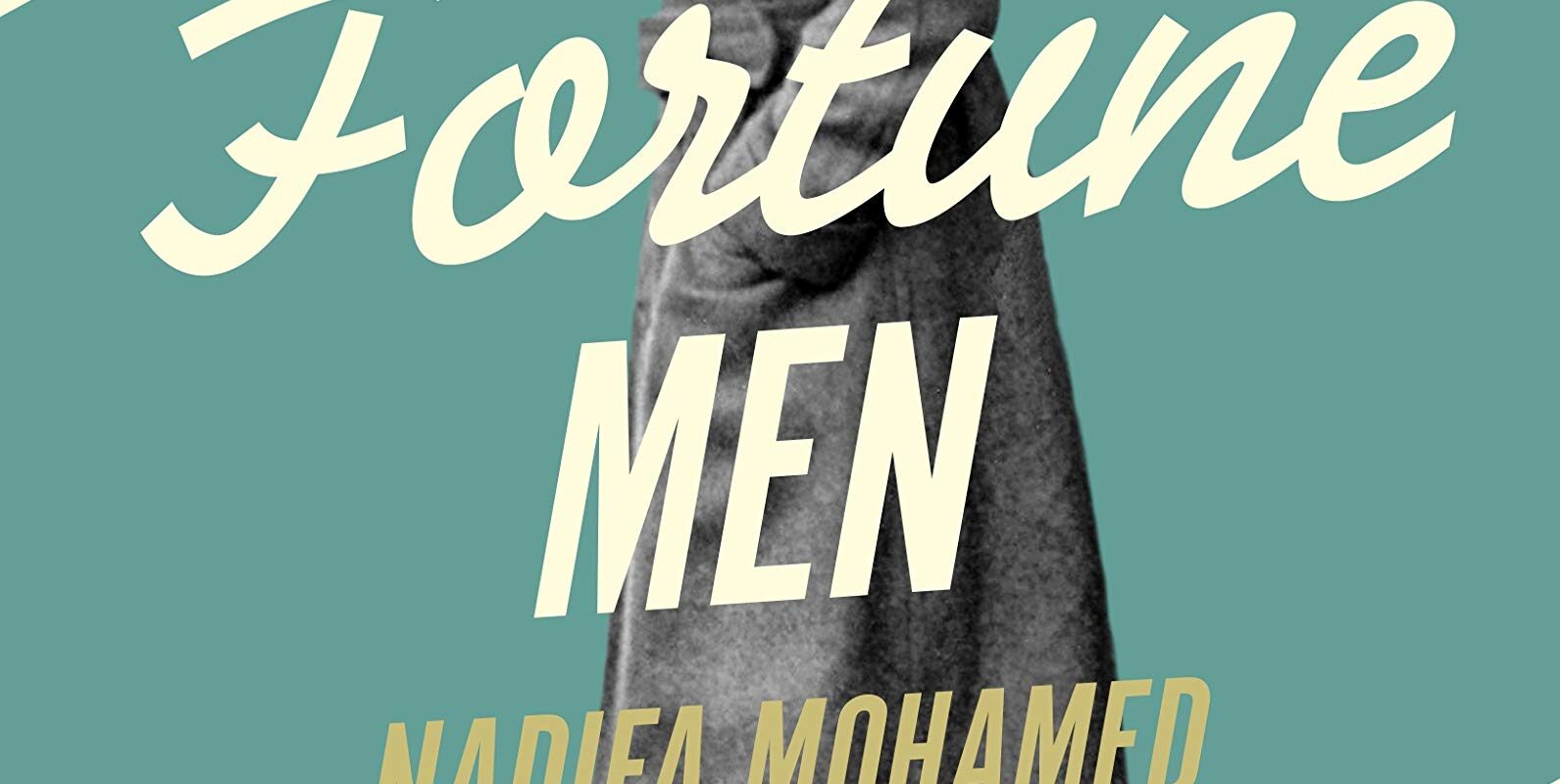“Famous British Justice” on trial in Tiger Bay: A review of The Fortune Men
Ciaran Duncan
“The tireless stoker, the poker shark, the elegant wanderer, the love-starved husband, the soft-hearted father” – Mahmood Hussein Mattan.
If Nadifa Mohamed’s debut novel Black Mamba Boy (based on her father’s own story) explored the web of wanderings that led a Somali boy to become a British subject, such a transition forms only the backstory of her third publication: The Fortune Men. The novel’s main protagonist, Mahmood Hussein Mattan, is a sailor from colonised British Somaliland who has settled down in post-WWII Cardiff’s Tiger Bay, grounded by his love of a Welsh woman, Laura, and their young family. The novel excavates a true story of historical injustice as Mahmood is forced to fight for his life after he is suspected of murdering Jewish shopkeeper Violet Volacki. This is an act that he, despite being involved in several minor thefts, would never commit. In close third-person narration the novel follows both Mahmood, and especially in its first half, Diana Volacki, Violet’s sister. Diana has lived a fascinating life herself, notably becoming a Corporal in the Women’s Auxiliary Air Force during WWII. This split focus shows Mohamed’s project to be the three-dimensional recreation of lives beset by different kinds of violence.

Mohamed writes the texture of place with virtuosic fluency, and Tiger Bay’s multiracial community forms her novel’s heart. By contrast to what Mahmood perceives as the “war-beaten and monochrome misery” of the Cardiff city centre, the dockside area teems with life. This is glimpsed, for instance, in the excitement of children of all creeds and colours during a lively Eid procession through the streets. Add a fun reference to an unknown Shirley Bassey singing in a local café and it grows clear why, on top of its 2021 Booker Prize shortlisting, the novel made a deserving winner of the 2022 Wales Book of the Year Award. Crucially though, the here-and-now of Tiger Bay is layered with all the remembered places Mohamed’s characters carry with them. Mohamed is drawn to immigrant communities’ “struggles to keep old worlds alive” in customs and in memory, whether Somali, West Indian, or Jewish.
Their shared new world is prominently tarnished by different forms of racism, though. The Jewish Volackis, for instance, are treated as a “model minority” by some in Cardiff but also subjected to a pernicious cluster of stereotypes and phobias all their own. Their shop has been vandalised several times before the ultimate violence of Violet’s murder. The leading questions and racial profiling that Mahmood will increasingly face do not occur in a vacuum.
The novel’s first words are “the King is dead. Long live the Queen”. 1952 saw George VI’s death and Elizabeth II’s accession: a moment of national and imperial transition highly resonant in 2023. Mohamed is more interested in the internal workings of the British State than its figurehead, however. The text’s final act begins with a trial scene in which Mohamed’s detailed evocation of internal and external worlds is replaced by a staccato court transcript. The reader feels Mahmood’s piercing disorientation and sense that events are rapidly spinning out of control. With tragic irony, a man who has seen vast swathes of the world and speaks five languages well is written off as an illiterate, “semi-civilized savage”. But Mohamed’s combination of archival research and creative imagining works against such misrecognition. Like Steve McQueen’s Small Axe television series, The Fortune Men places Britain’s contemporary reckoning with prejudicial policing and a biased legal system in its lengthy historical context. That Mohamed manages to present victims of injustice as complex, vividly human agents in their own right signals that one of Britain’s outstanding novelists has produced her fullest work yet.
Cite this: Duncan, Ciaran. ““Famous British Justice” on trial in Tiger Bay: A review of The Fortune Men.” Postcolonial Writers Make Worlds, 2023, https://writersmakeworlds.com/essay-mohamed-the-fortune-men/. Accessed 6 February 2026.
